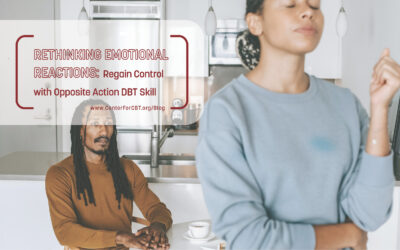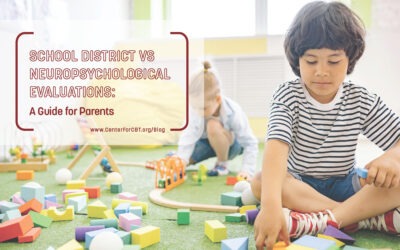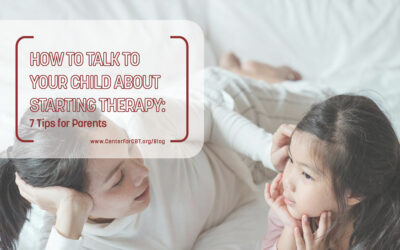Blog
Both parenting a child and being a child are tall orders in today’s climate, and we would like to offer this page as a resource for support and information to help you and your family. We will be sharing tips and strategies to navigate the numerous challenges that come with raising caring and courageous youth. Our goal is to add new material that ranges from original content, to great reads and videos from other experts, as well as articles in the mainstream media that offer additional insight.
We welcome your suggestions and feedback, and want to cover a variety of topics to help you and the community learn more. We encourage you to reach out if there are topics you would like us to cover, and questions you would like answered. And, if you find what you see to be helpful, please like our page on Facebook (@CenterForCBT) and tell your friends and family to do the same! We are very excited to be starting this project, and look forward to sharing this information with you.
Body-Focused Repetitive Behaviors (BFRBs): 5 Steps to Curb the Habit
Body-focused repetitive behaviors (BFRBs) can include persistent behaviors like hair pulling or skin picking. Conditions like trichotillomania and dermatillomania can be distressing and difficult habits to break, but they are treatable. Through collaboration with a trained CBT psychologist, individuals can learn and practice the key steps in habit reversal training (HRT) to curb these habits and find relief.
Rethinking Emotional Reactions: Regain Control with Opposite Action DBT Skill
Opposite Action is a DBT skill that can be used by adults, teens, and kids to help them control big emotions. When you feel a strong emotional urge, Opposite Action reminds you that acting in the opposite way of what your emotions are telling you can actually be helpful in some situations. This practice challenges the automatic link between emotion and behavior to help you respond thoughtfully even when we’re feeling overwhelmed.
Feeding Disorders vs. Eating Disorders: 4 Key Differences to Look For
Feeding disorders and eating disorders are terms which are often used interchangeably. However, there are distinct differences between these two diagnoses. Key factors, such as motivation, age of onset, behavioral features, and the emotions experienced with these disorders can help determine a diagnosis. An accurate assessment is the first step to identifying which evidence-based treatments will best support the needs of your child.
School District vs Neuropsychological Evaluations: A Guide for Parents
School-based evaluations and comprehensive neuropsychological evaluations both aim to identify learning and developmental needs. You may consider pursuing an evaluation if you have concerns for your child’s cognitive abilities, school performance, or behavioral problems. It’s important to understand the key differences between these evaluations so that you can decide on the best next step to help your child succeed.
Creating a Healthy Work Environment: 4 Ways to Promote Productivity
Dissatisfaction in one’s performance can lead to feelings of self-doubt, which reduces productivity and intensifies those negative feelings. An important step in breaking this cycle is creating a work environment that will help you meet your goals. These strategies can be used by parents, children, adolescents, and young adults.
Parenting with Confidence: How PCIT Transforms Families
PCIT is an evidence-based therapeutic approach that helps parents rebuild their confidence and strengthen their bond with their child. By emphasizing positive reinforcement, clear communication, and consistent discipline, PCIT transforms parent-child interactions into opportunities for growth, connection, and lasting change.
How to Talk to Your Child About Starting Therapy: 7 Tips for Parents
Starting therapy can be a big step for your child, and you might feel unsure about how to begin that conversation. Whether your child feels nervous about starting therapy, or even excited to meet with a child psychologist, it’s helpful to prepare them for that first meeting. There are a few key talking points to help you navigate that discussion so that you can set your child and yourself up for success in therapy.
10 Tips for Self-Care this Holiday Season Using DBT Skills
The holiday season is a time of joy, but for some, it is also a source of stress. Practicing DBT skills like PLEASE and Cope Ahead can help prevent you from feeling overwhelmed during this busy time of year. By using these tools to help manage stress and anxiety, you can feel more confident in your ability to manage time-sensitive responsibilities.
Using DBT’s DEAR MAN Skill to Improve Family Communication
Visiting family during the holiday can bring about feelings of anxiety. Adolescents and young adults may also have concerns about how to navigate interpersonal conflicts that may arise. Practicing healthy communication strategies by using a DBT skill, like DEAR MAN, is an effective way to set and enforce personal boundaries while still maintaining healthy relationships.









